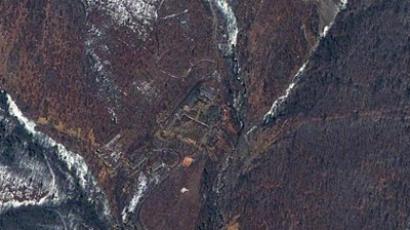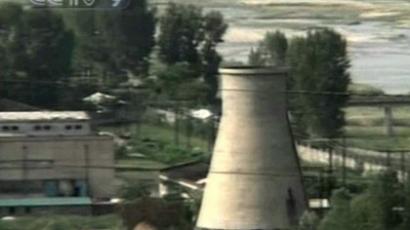US boots on North Korean soil?
The US denies reports it has been parachuting commandos into North Korea to spy on it. Lawyer Eric Sirotkin says whether such operations took place or not, the allegations could greatly hurt the peace process on the peninsula.
The report in The Diplomat, an Asia-Pacific current affairs magazine, quoted US army Brigadier General Neil Tolley, commander for United States Forces Korea, as saying at a conference last week that the US and South Korea sent commandos for reconnaissance missions.
The Pentagon has dismissed the report, saying the general’s words were taken out of context.
"My understanding is that the general's comments were contorted, distorted, misreported, and that there is in no way any substance to the assertion. Again, it was misreported that there are US boots on the ground in North Korea. That is simply incorrect," spokesman George Little said.
However the bell has already been rung and could worsen already strained US-North Korean relations.
Eric Sirotkin from the National Campaign to End the Korean War claims that the US has always been using the threat of a rogue North Korea to serve its ends.
“We tend to make out the threat of a very violent and fearful situation in North Korea to serve other ends, to serve a large military base pointing to China on Jeju Island, to serve maintaining so many troops occupying South Korea. There are a lot of reasons we would like to maintain that edge there,” he says.
Sirotkin notes that such an operation would be a violation of the 1953 Armistice Agreement, which was already been breached by not removing all foreign troops from the Korean Peninsula.
“The Armistice Agreement is a faulty document – it hasn’t really maintained the peace.”
This leads to increased distrust, builds the rhetoric on both sides and makes a climate of discussion and dialogue more difficult, he maintains.“This type of mistrust is the exact reason that we need dialogue,” he concludes.















